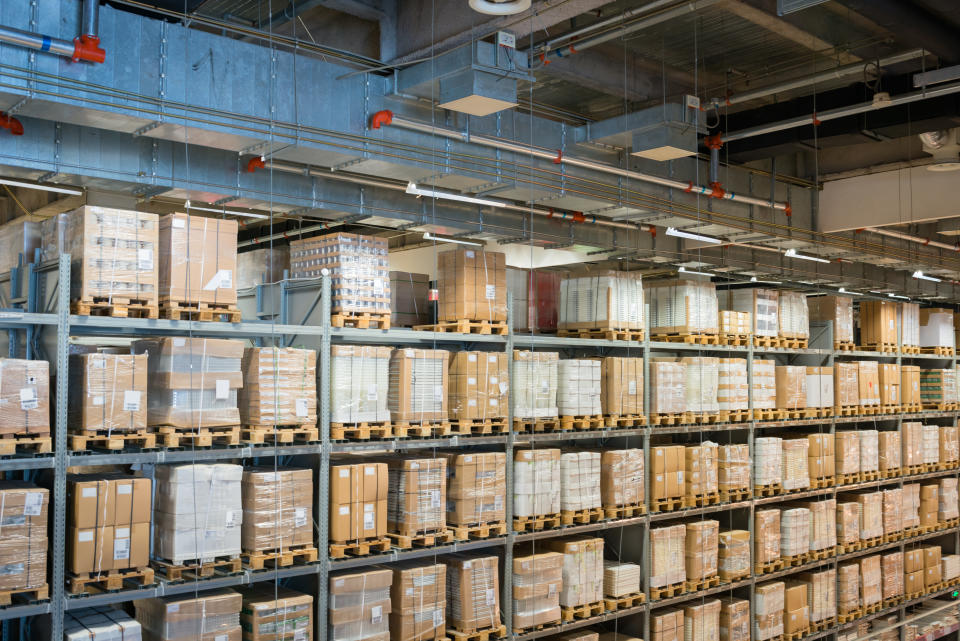Brexit stockpiling to hit UK economy for next two years

Businesses stockpiling goods has boosted UK economic growth in the short-term but over the next two years it is likely the nation will feel the detrimental impact on the country’s finances, says British Chambers of Commerce (BCC).
The major lobby group, which represents about 75,000 businesses in sectors ranging from start-ups to large multi-national firms, said in a report that it has upgraded its growth expectations for the UK in 2019 to 1.3%, from 1.2%, it has had to downgrade its forecasts for 2020 to 1.0% (from 1.3%) and to 1.2% (from 1.4%) in 2021.
It points out that while “exceptionally rapid stock-building early in the year” has help drive the forecasts for 2019, the “immediate boost to UK GDP is forecast to come at the cost of more subdued growth in 2020 and 2021” as companies will eventually have to unwind “historically-high inventory levels.” On top of that, weaker business investment will weigh on economic activity.”
Suren Thiru, head of economics at the BCC said in a statement: “It is increasingly likely that the temporary boost from historically high stockpiling in Q1, which has marginally improved the growth outlook for this year, will be surpassed over the medium-term by the negative impact from the running down of these inventories.
“The downward pressure on business activity and investment intentions from the unwinding of stocks is likely to be exacerbated somewhat by increasing cost pressures and Brexit uncertainty, slowing overall economic growth across the forecast period.”
The BCC warned that business investment will not only contract at a faster rate this year but it will recover more slowly in 2020 than expected due to the uncertainty over Brexit outcome. As a consequence, the business investment growth forecast has been downgraded to -1.3% for 2019 (from -1.0%) and to 0.4% for 2020 (from 0.6%), before growth of 1.1% in 2021.
“The deteriorating outlook for business investment is a key concern as it limits the UK’s productivity potential and long-term growth prospects. On the upside, household spending, a key driver of UK economic output, is expected to be supported by relatively low unemployment and positive real wage growth,” added Thiru.
“A messy and disorderly exit from the EU remains the main downside risk to the UK’s economic outlook as the disruption caused would increase the likelihood of the UK’s weak growth trajectory translating into a more pronounced deterioration in economic conditions.”
The BCC also said that trade is “projected to make a negative contribution over the forecast period as exchange rate volatility, Brexit uncertainty and a subdued global economy, weaken trading conditions for UK exporters.”
“In contrast, consumer spending is expected to remain resilient with earnings growth forecast to continue to exceed price growth over the forecast period and unemployment forecasted to remain low by historic standards.”

 Yahoo Finance
Yahoo Finance 
